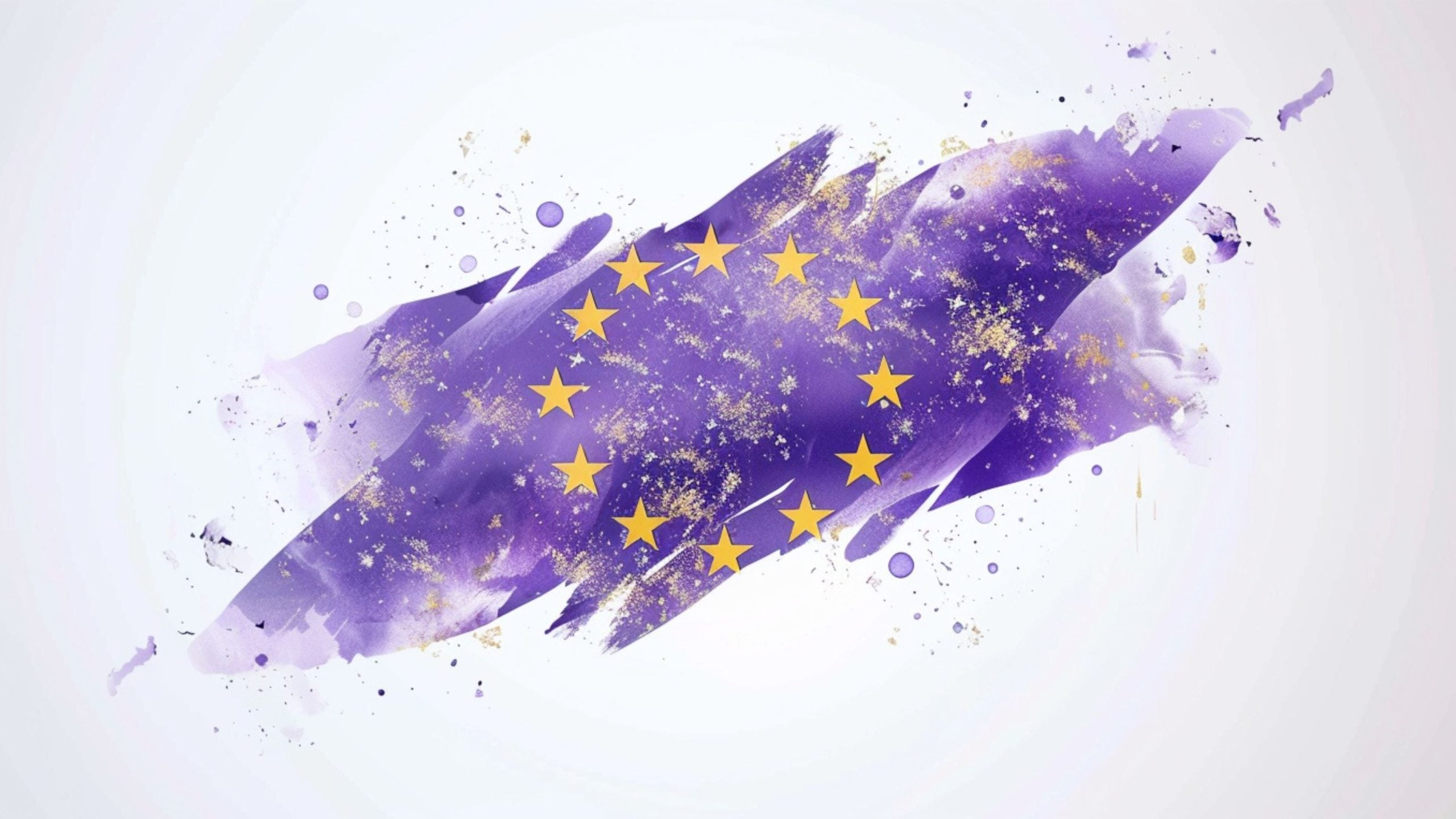
reclaimthenet.org
EU Council Approves New “Chat Control” Mandate Pushing Mass Surveillance
If you're tired of censorship and dystopian threats against civil liberties, subscribe to Reclaim The Net.
European governments have taken another step toward reviving the EU’s controversial Chat Control agenda, approving a new negotiating mandate for the Child Sexual Abuse Regulation in a closed session of the Council of the European Union on November 26.
The measure, presented as a tool for child protection, is once again drawing heavy criticism for its surveillance implications and the way it reshapes private digital communication in Europe.
Unlike earlier drafts, this version drops the explicit obligation for companies to scan all private messages but quietly introduces what opponents describe as an indirect system of pressure.
It rewards or penalizes online services depending on whether they agree to carry out “voluntary” scanning, effectively making intrusive monitoring a business expectation rather than a legal requirement.
Former MEP Patrick Breyer, a long-standing defender of digital freedom and one of the most vocal opponents of the plan, said the deal “paves the way for a permanent infrastructure of mass surveillance.”
According to him, the Council’s text replaces legal compulsion with financial and regulatory incentives that push major US technology firms toward indiscriminate scanning.
He warned that the framework also brings “anonymity-breaking age checks” that will turn ordinary online use into an exercise in identity verification.
The new proposal, brokered largely through Danish mediation, comes months after the original “Chat Control 1.0” regulation appeared to have been shelved following widespread backlash.
It reinstates many of the same principles, requiring providers to assess their potential “risk” for child abuse content and to apply “mitigation measures” approved by authorities. In practice, that could mean pressure to install scanning tools that probe both encrypted and unencrypted communications.
Czech MEP Markéta Gregorová called the Council’s position “a disappointment…Chat Control…opens the way to blanket scanning of our messages.”
Similar objections emerged across Europe.
In the Netherlands, members of parliament forced their government to vote against the plan, warning that it combines “mandatory age verification” with a “voluntary obligation” scheme that could penalize any company refusing to adopt invasive surveillance methods. Poland and the Czech Republic also voted against, and Italy abstained.
Former Dutch MEP Rob Roos accused Brussels of operating “behind closed doors,” warning that “Europe risks sliding into digital authoritarianism.”
Beyond parliamentarians, independent voices such as Daniel Vávra, David Heinemeier Hansson, and privacy-focused company Mullvad have spoken out against the Council’s position, calling it a direct threat to private communication online.
Despite the removal of the word “mandatory,” the structure of the new deal appears to preserve mass scanning in practice.
Breyer described it as a “Trojan Horse,” arguing that by calling the process “voluntary,” EU governments have shifted the burden of surveillance to tech companies themselves.
The Council’s mandate introduces three central dangers that remain largely unacknowledged in the public debate.
First, so-called “voluntary scanning” turns mass surveillance into standard operating procedure. The proposal extends the earlier temporary regulation that allowed service providers to scan user messages and images without warrants.
Authorities like Germany’s Federal Criminal Police Office have reported that roughly half the alerts from such systems are baseless, often involving completely legal content flagged by flawed algorithms. Breyer said these systems leak “tens of thousands of completely legal, private chats” to law enforcement every year.
Second, the plan effectively erases anonymous communication. To meet the new requirement to “reliably identify minors,” providers will have to implement universal age checks. This likely means ID verification or face scans before accessing even basic services such as email or messaging apps.
For journalists, activists, and anyone who depends on anonymity for protection, this system could make easy private speech functionally impossible.
Technical experts have repeatedly warned that age estimation “cannot be performed in a privacy-preserving way” and carries “a disproportionate risk of serious privacy violation and discrimination.”
Third, it risks digitally isolating young people. Under the Council’s framework, users under 17 could be blocked from many platforms unless they pass strict identity verification, including chat-enabled games and messaging services. Breyer called this idea “pedagogical nonsense,” arguing that it excludes teenagers instead of helping them develop safe online habits.
Member states remain divided: the Netherlands, Poland, and the Czech Republic rejected the text, while Italy abstained. Negotiations between the European Parliament and the Council are expected to begin soon, aiming for a final version before April 2026.
Breyer warned that the apparent compromise is no real retreat from surveillance. “The headlines are misleading: Chat Control is not dead, it is just being privatized,” he said. “We are facing a future where you need an ID card to send a message, and where foreign black-box AI decides if your private photos are suspicious. This is not a victory for privacy; it is a disaster waiting to happen.”
If you're tired of censorship and dystopian threats against civil liberties, subscribe to Reclaim The Net.
The post EU Council Approves New “Chat Control” Mandate Pushing Mass Surveillance appeared first on Reclaim The Net.










